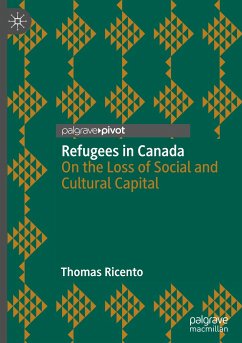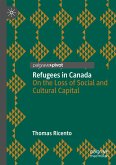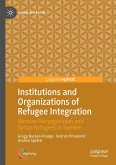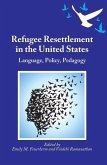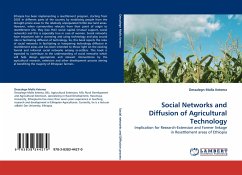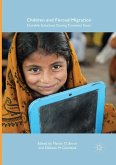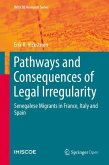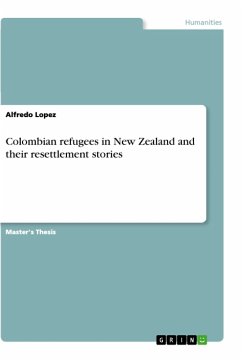The focus of this book is on the experiences of government-sponsored refugees in the early stages of integrating into Canadian society. Combining data gleaned from a longitudinal study of relatively recently arrived refugees in Calgary, Canada, with a close focus on the case of a physician from Colombia and his family, this volume illustrates how the cultural and social capital of refugees is marginalized and, in some cases, erased by the undervaluing of their education, training, credentials, and other knowledge. The findings presented in the book underscore the importance of addressing the challenge of integrating highly trained professionals into the professions for which they are credentialed.
"This book is intended for researchers, teachers, and language policies makers. It demystifies the linguistic, social, and economic conditions of refugee families in Canada. It is an excellent example for researching the changes in the social and cultural capital of migrants, indigenous peoples, and transnational families in other countries." (Lorena Córdova-Hernández, Language Policy, Vol. 21, 2022)

